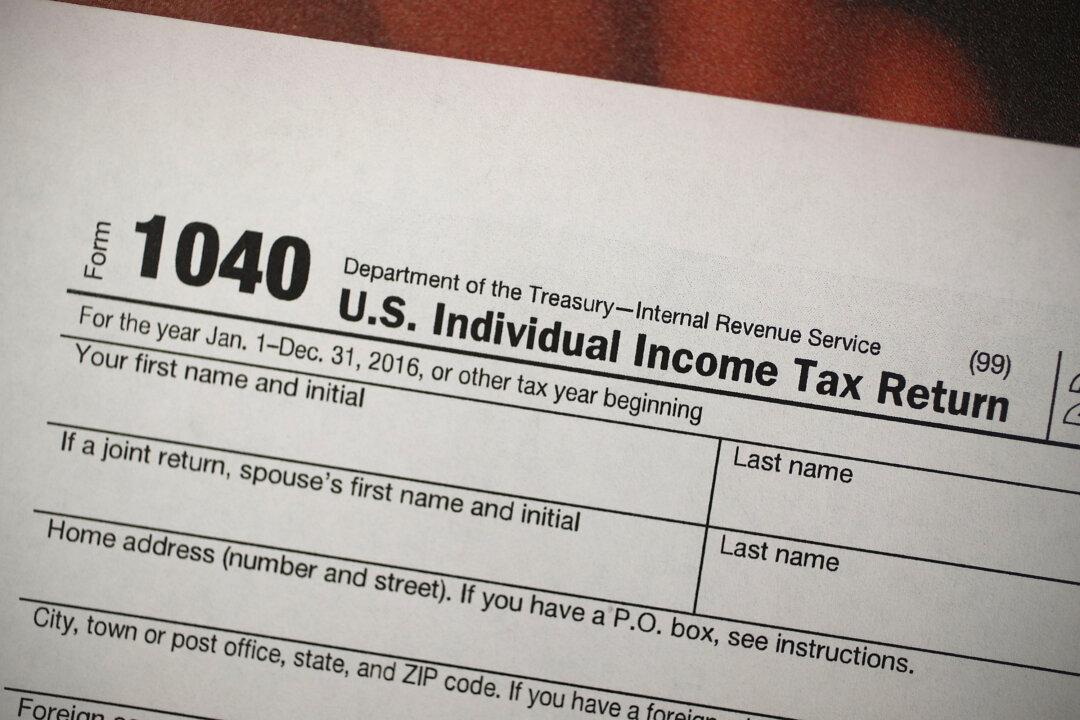The Internal Revenue Service (IRS) issued a renewed, last-minute warning to taxpayers that certain claims on their taxes could get them audited, with just over a week to go before tax-filing day.
The agency said in an April 5 release that it completed its so-called “Dirty Dozen” list and issued a notice to taxpayers to watch out for such scams. Several weeks ago, the IRS issued a similar bulletin but mainly focused on false advertisements that promote the COVID-19-era Employee Retention Credits (ERCs) to obtain fraudulent refunds.





